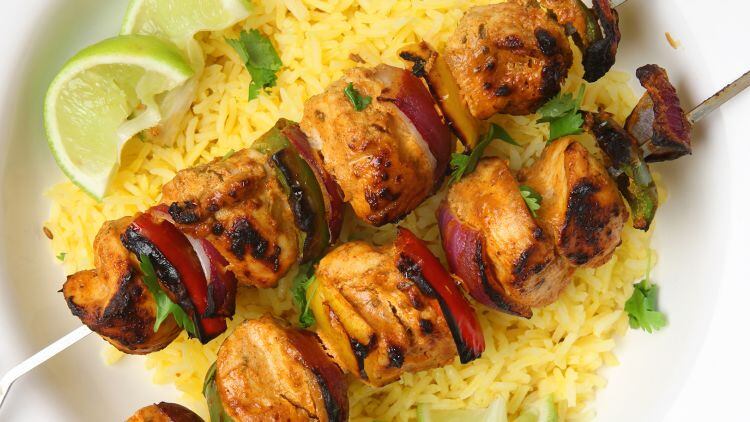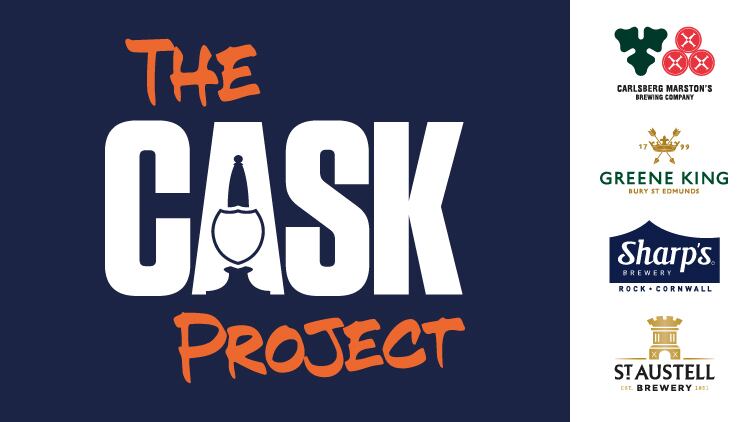Lynx Purchasing released its Market Forecast Summer 2021 report, which outlined how much various product categories had risen in price.
It outlined the six most commonly delivered items in summer 2022, where prices had increased by 15% overall compared with prices from July 2021.
Oil had seen the biggest hike at 60%, followed by butter (50%) and milk at about a fifth (20%). Meat has risen by 10%, fresh produce by 9% and fish prices have increased by 8%.
Advice to mitigate oil prices from Lynx included managing it correctly to maximise its life by using filers and cleaning the oil and fryer regularly.
Changing purchasing habits
Which ingredients are currently in season?
Beginning of season
Raspberries
Beetroot
Peaches
In season
Courgette
Crab
Peas
End of season
Asparagus
Parsnips
Mussels
The price of poultry has recently hit the headlines and operators have been urged to focus on the provenance of the food from local suppliers to drive menu appeal.
With egg prices having had sharp increases across the spring as a result of avian flu reducing the number of birds, Lynx advised operators to spotlight local and artisan cheeses as a premium cheeseboard option.
For meat and seafood produce, working closely with suppliers of these products to get the best advice on cuts and products alongside understanding changing ratings to ensure fish and seafood is fresh and sustainable can help operators mitigate costs.
Lynx Purchasing managing director Rachel Dobson said: “The Bank of England is now forecasting inflation will peak at 11% later this year and many staple products are seeing increases well in excess of that.
“The impact of high inflation, along with increased labour, energy and transport costs and lower consumer confidence are all part of the ‘big picture’ that operators have no choice but to endure for at least the rest of this year and into 2023.
“In that context, while ‘don’t sweat the small stuff’ is usually sound advice, in the current market, a focus on making relatively small changes to purchasing habits can help make a real difference to margin and profits in a hospitality business.”
No choice but to pass on costs
Tips outlined to improve buying discipline include buying the most cost-effective pack size, avoiding delivery charges by meeting minimum order amounts and ordering commodity items from the cheapest supplier.
It also included urging operators to check orders and report incorrect or damaged goods to the supplier as well as being organised, planning ahead and ordering in good time.
Dobson added: “Operators have no choice when it comes to passing on at least some of their increased costs to customers with the official inflation figures showing the cost of eating out was 8.3% higher in May than a year previously.
“With consumer spending power under severe pressure, businesses that control their costs through disciplined buying will be in the strongest position to keep their price increase to the minimum over the next few months.
“As ever, our best advice is to order early, keep speaking to suppliers about availability and to keep menu descriptions flexible to allow for changes if needed.”





